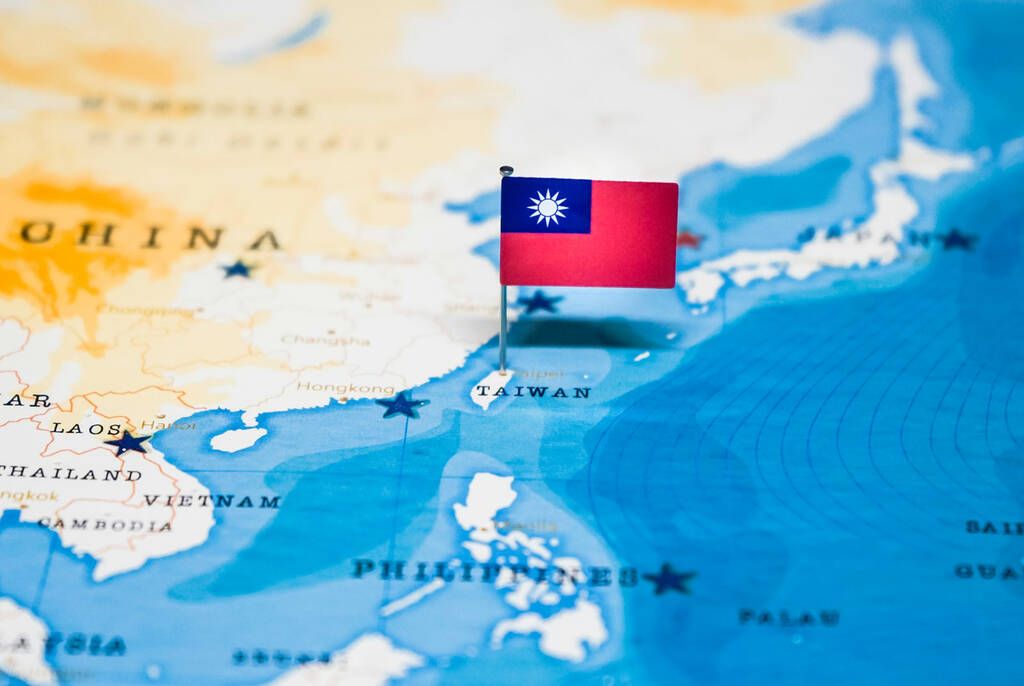The United States stands by its position in favor of the status quo in the China–Taiwan relationship, an issue of growing importance in the international economy.
The White House reported that it has an abiding interest in maintaining peace and stability along the Taiwan Strait, which is critical to regional and global security and prosperity, and a matter of international concern and attention.
«We oppose any unilateral change to the status quo by either side, and we do not support Taiwan independence,» said White House in its National Security Strategy document.
The United States remains committed to its one-China policy, which is governed by the Taiwan Relations Act, the Three Joint Communiqués and the Six Assurances.
Also, the White House indicated that the United States will maintain its commitments under the Taiwan Relations Act to support Taiwan’s self-defense and to maintain its ability to resist any resort to force or coercion against Taiwan.
From the U.S. government’s perspective, the United States is at an inflection point where the decisions it makes and the priorities it pursues today will set the U.S. economy on a course that will determine its competitive position in the future.
China-Taiwan
The White House believes that many of America’s allies and partners, especially in the Indo-Pacific, are on the front lines of coercion from the People’s Republic of China (PRC) and are determined, «rightly so,» to try to ensure their own autonomy, security and prosperity.
In this regard, the White House stated that the United States will support the ability of its allies and partners to make sovereign decisions consistent with their interests and values, free from external pressures, and will work to provide them with investment, development assistance, and high-end, large-scale markets.
The U.S. intends to act with common purpose to address a range of problems, from unreliable digital infrastructures and forced labor in supply chains to illegal, unreported and unregulated fishing.
«We will hold Beijing accountable for abuses – genocide and crimes against humanity in Xinjiang, human rights violations in Tibet, and the dismantling of Hong Kong’s autonomy and freedoms – even as it tries to pressure countries and communities into silence,» the White House said.
It then added: «We will continue to prioritize investments in a combat credible military that will deter aggression against our allies and partners in the region, and that can help those allies and partners defend themselves.»
![]()

